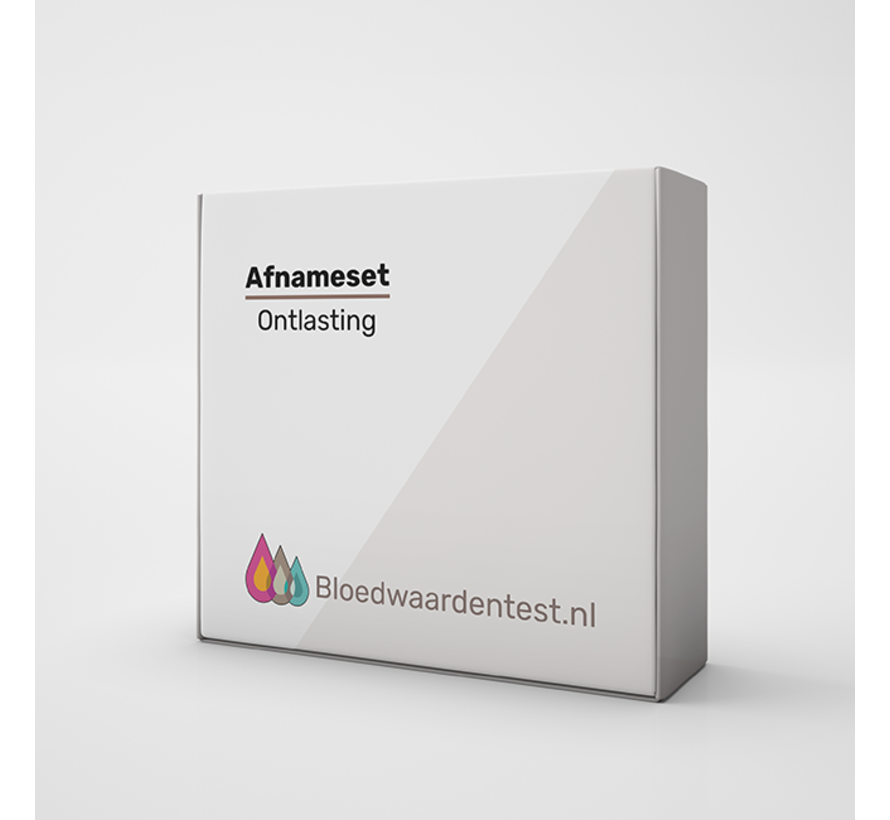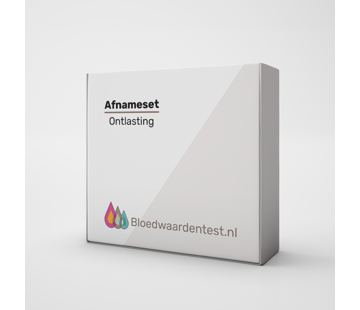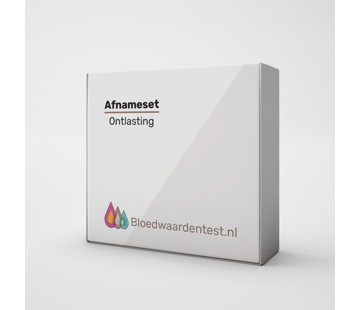PDS stool test RP with Candida
This is a complementary test. This test is not (h)recognized by general practitioners and mainstream care. For follow-up care with Blood Value Test, ask for the specialized therapists.
PDS package (irritable bowel syndrome) starter package
- Alpha-1 Antitrypsin
- Beta-Defensin 2
- SIgA
- Resident microbiota
- Transient microbiota
- Yeasts and moulds
Why this examination?
Based on the findings of your doctor/therapist, an imbalance in the gut is suspected. In order to draw up an optimal treatment plan, it is important to gain insight into the condition of your intestines. The results of the examination are the starting point to improved health.
Fecal testing is like blood testing. That we can get all kinds of information from blood is common knowledge, but that we can also measure a lot in stool is less well known.
Most of the stool consists of undigested food particles, bacteria, waste products, bile coloring, old intestinal cells, water and mucus. In addition, there are all other substances found in the stool that we can measure. All of these values provide information about a person's state of health.
The cause of an imbalance in the intestines can be very diverse. To name a few: antibiotics, contraceptives (the pill), laxatives, antacids, digestive tract disorders (such as constipation or gastric bypass surgery), severe intestinal infections, chronic inflammation, immune problems and psychological stress. Incorrect nutrition is also often an important cause, for example, too few fruits and vegetables, too much of the wrong fats and/or sharp spices.
The results of the examination give an important indication of the direction in which the solution should be sought. Sometimes it is necessary that simultaneously with this test (or after receiving the result of this test) another laboratory test should be used.
If there is tissue in the body that needs to be repaired or if there is a pathogen that needs to be worked out, the body starts a reaction that we call inflammation. Inflammation is meant to be a repair mechanism. Usually such inflammation is short-lived and the reaction calms down again when the situation is restored. A short-lived inflammation is called an acute inflammation. If an inflammatory reaction is severe, lasts a long time and/or is not adequate then it can cost the body a lot of energy and building materials and we can suffer from it. A prolonged inflammation is called a chronic inflammation. If there is inflammation going on in the intestines, it can be a pathogen (such as a bacterium, fungus, yeast or parasite) or long-term damage to the intestinal lining or a severe immune response.
Each type of inflammation requires a different treatment. Hence, for an adequate approach to treat your (possible) intestinal inflammation, your doctor/therapist must have an understanding of what type of inflammation it is. In the stool sample, therefore, one can look for the presence of specific inflammatory proteins that can be produced in the intestinal cells.
The body has different reaction times to inflammation. Initially, certain substances are produced to remedy the inflammation, but as soon as that does not work sufficiently, it switches to other substances. Your doctor/therapist can inform you about the quantities of these inflammatory substances. For example, these substances can give clues about the nature of the inflammation: is it recent (acute) or already present for a long time (chronic).
Additional stool tests may be needed to identify what type of inflammation is involved.
Alpha-1-antitrypsin: This value is an indication of the presence of (acute) inflammation in the gut. Because this protein is one of the first substances produced in response to inflammation, determining this value is very suitable for detecting inflammation at an early stage. An increased value means that inflammatory processes are present in the intestine.
Beta-defensin-2 is a natural anti-inflammatory substance that is released during an infection. Beta-defensin-2 is only produced by the lining of the colon, so increases specifically indicate a disease of the colon. The test can help determine if Crohn's disease - which can occur in the colon and small intestine - has affected the colon.
Beta-defensin is almost always elevated when infected with the parasite Dientamoeba fragilis.









